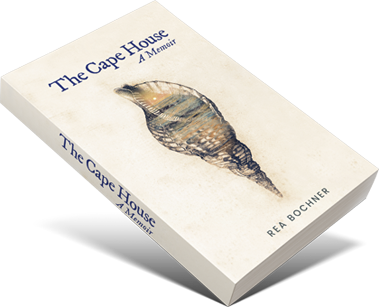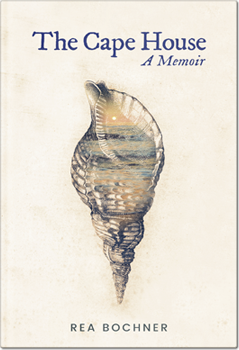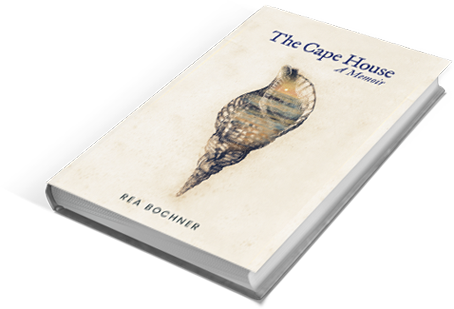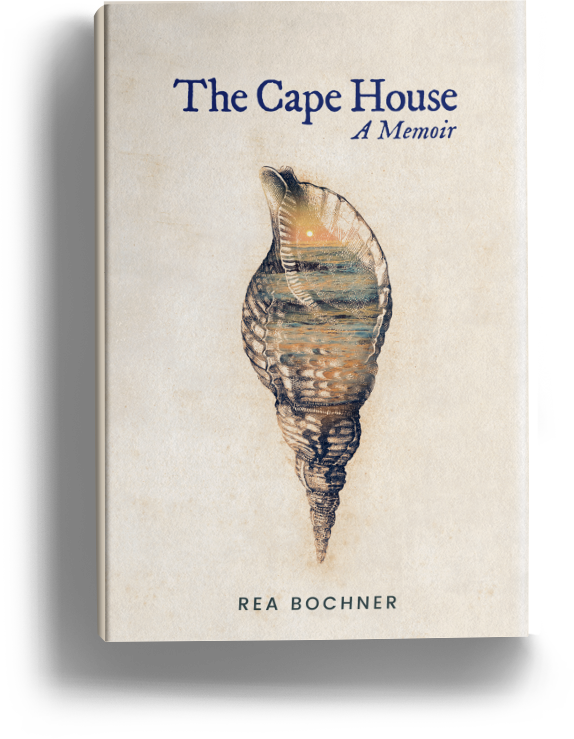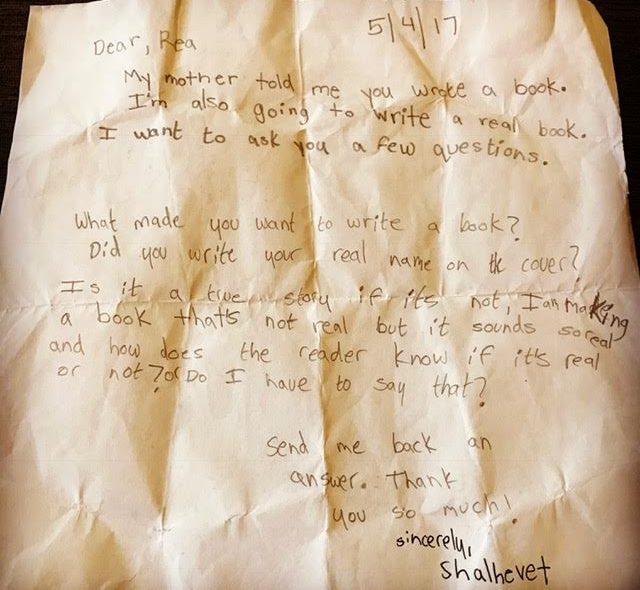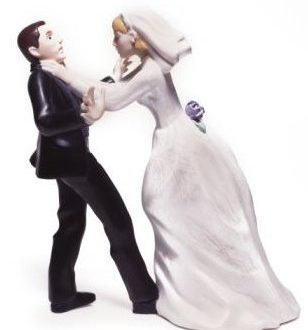As a young reader, I had two favorite writers: Judy Blume and Paula Danziger. Judy wrote about the angst, anxiety, and self-discovery of coming into adolescence, while Paula wrote more lighthearted stories full of quirky characters, word games, and funny drawings that slyly masked deeper themes like self-esteem, divorce, and feminism.
My favorite of Paula Danziger’s books was called “The Cat Ate my Gymsuit.” It was about an overweight girl named Marcy Lewis who was inspired by an unconventional English teacher to find her voice. Marcy hated wearing her unflattering, one-piece gym uniform, so she would tell the teacher her cat ate it. (This mirrored my life almost exactly; In high school, I avoided gym, the twice-weekly humiliation of revealing my obese, candle-dripping-wax body to a locker room full of teenage girls, then running suicides to the brink of aneurysm, by hiding out in the library with a romance novel [hey, at least I was reading]. Luckily, my teacher, Mrs. Herman, took pity on me and let me walk the perimeter of the gymnasium for an entire Sunday so I could pass with a good ol’ D-minus.)
The sequel to “The Cat Ate My Gymsuit” was “There’s a Bat in Bunk Five,” in which Marcy, four years later, had slimmed down, gotten a boyfriend named Ted, and worked as a camp counselor in a bunk which had – you guessed it – a bat. This book, which made me laugh, was also my fantasy come true: magically stretching out into a thinner body, snagging a dude-friend, and wearing shorts in public. (My story didn’t exactly play out that way. See #thecapehouse.) By the time I finished “Bunk Five,” along with “The Divorce Express” and “Remember me to Herald Square,” Paula Danziger had earned a permanent place in my hall of heroes. She could do things with words that made me smile and think and wonder. One day, I would be a writer like her.
I did have one bone to pick with Paula, though. In “The Cat Ate My Gymsuit,” Marcy’s younger brother was four years old. In the sequel, he was eleven. Meanwhile, Marcy went from thirteen in the first book to seventeen in the second. Which means that unless her brother had gotten caught in some Marty McFly time warp, Paula Danziger had MADE A MISTAKE.
This bugged me. How did no one, throughout the entire publication process, notice this snafu? I fumed about it to my mother, who was frustratingly blasé. “People make mistakes,” she said, as if it had as little impact on literature as a toothpick tapping at an iceberg. Did she not understand that this was printed? In a book? Things in books are important – not to mention permanent.
It was a glimpse into my future as an editor. And a perfectionist.
One day, my mother had excellent news: Paula Danziger was coming to a small bookshop not ten minutes from my house, to sign autographs and talk to her fans! I almost peed myself with excitement. After what felt like an eternity (but was probably no more than a week), Mom and I went to the big event. I got the detached floaty feeling I always get when I’m nervous, combined with the tingly jumpiness of a caffeine high. On the way to Book World, I considered what I was going to say to Paula: I’m your biggest fan? Too scraping. I’m going to be a writer, too? Sounds pompous. How about, Can I live your pocket and be your conscience?
Perfect.
What surprised me the most, walking into the bookstore, was how few people were there. I had expected the crowds to be flooding out the doors (come on, New Jersey, there’s literary royalty in your midst!), but there must have been a sale at Bloomie’s or something because only a couple of other starstruck kids separated me from Paula Danziger. She had short, white-blonde hair, wide Urkel glasses, and a big smile. Her large body settled outward, like a majestic, purple mountain, behind a table featuring her newest book. I’m not sure what shocked me more: that Paula Danziger was right there, in the flesh, just a few feet away, or that said flesh was so…bountiful. It reassured me; it meant you could be fat and still be an awesome writer.
Which meant there was hope for me.
Up I walked to Paula Danziger, hands trembling. She grinned at me and asked my name. I somehow coaxed the two syllables from my dry mouth, then stared at her like a moron.
“Tell her how much you like her books,” Mom urged.
“I really like your books,” I parroted.
“Thank you!” said Paula. “Which one is your favorite?”
“The-The Cat Ate my Gymsuit. And There’s a Bat in Bunk Five.”
“I like those a lot, too.”
There was a long pause, and then this came out of my mouth: “You know, you made a mistake.”
At this, Paula’s face broke into a huge smile, and she glanced appreciatively at my mom. “I did, did I?”
“YES! In the first book, Marcy’s brother was four, and then you made him eleven in the second book. That’s an eight-year difference. But Marcy was only four years older in the second book.”
“You know, you’re absolutely right,” Paula said, apparently amused. “And you’re the first kid who caught it.”
I stood a little taller.
“Even writers make mistakes,” she said.
Then she signed my new book, “To Rea,” drew one of her famous smiley-face illustrations, and that was that.
Looking back now, as an adult, a parent, and a writer, I admire Paula Danziger even more than I did then. She could have blown off the chunky little girl who came at her with such chutzpah, but she seemed to get a kick out of it. She was gracious and warm, everything I’d hoped she’d be. It was a pivotal moment on my road to writing.
Kids are amazing creatures; they live in a world in which anything is possible – if allowed. They are resilient, yet fragile; one ill-considered word can do them monumental damage. In my case, a single discrediting comment from a teacher scared me off of writing for two decades. It was the adults like Paula Danziger, who were wise and humble enough to honor my voice and aspirations, that gave me the encouragement I needed to try.
The other day, my husband and I stopped by my kids’ school, where they were having a school-wide activity out on the soccer field. We arrived just as the kids began filing back to their classrooms, and managed to grab our boys for a quick hug. Suddenly, a second-grader named Shalhevet, the daughter of a close friend of mine, appeared at my side, and without a word, slipped a folded piece of paper into my hand. “To: Rea Bochner” it said, with a smiley-face that reminded me of Paula Danziger’s autograph. When I looked up to thank her, she had disappeared.
Right there on the soccer field, I read her letter:
Dear, Rea
My mother told me you wrote a book. I’m also going to write a real book. I want to ask you a few questions. What made you want to write a book? Did you write your real name on the cover? Is it a true story if it’s not, I am making a book that’s not real but it sounds so real and how does the reader know if it’s real or not? Do I have to say that? Send me back an answer. Thank you so much!
Sincerely,
Shalhevet
It was my first official piece of fan mail – and it was better than any glowing review I’d gotten. I admired Shalhevet because of what it took to write this letter – and even more, what it took to give it to me. Even I, at her age, wouldn’t have had the chutzpah to do that.
As soon as I got home, I wrote a letter back to her, answering all her questions. If you ever have any questions about writing, I wrote, I’ll be happy to talk to you about it. Good luck creating your story. I can’t wait to read it!
With Love,
Rea
